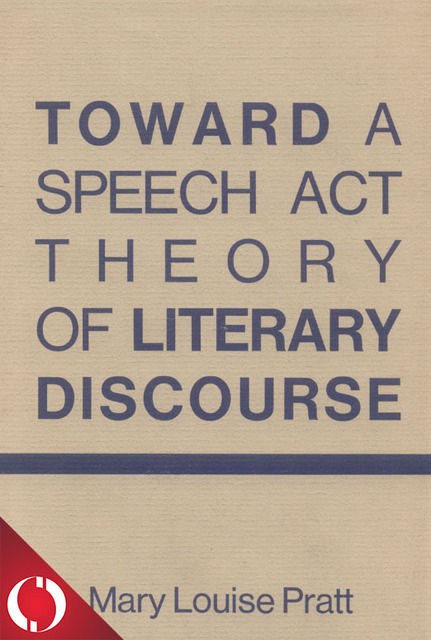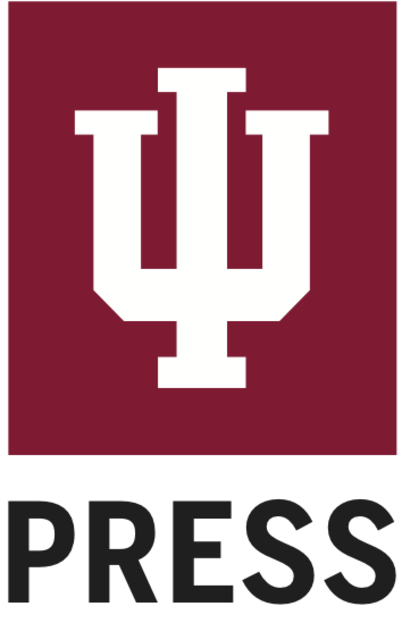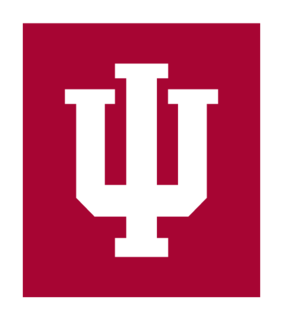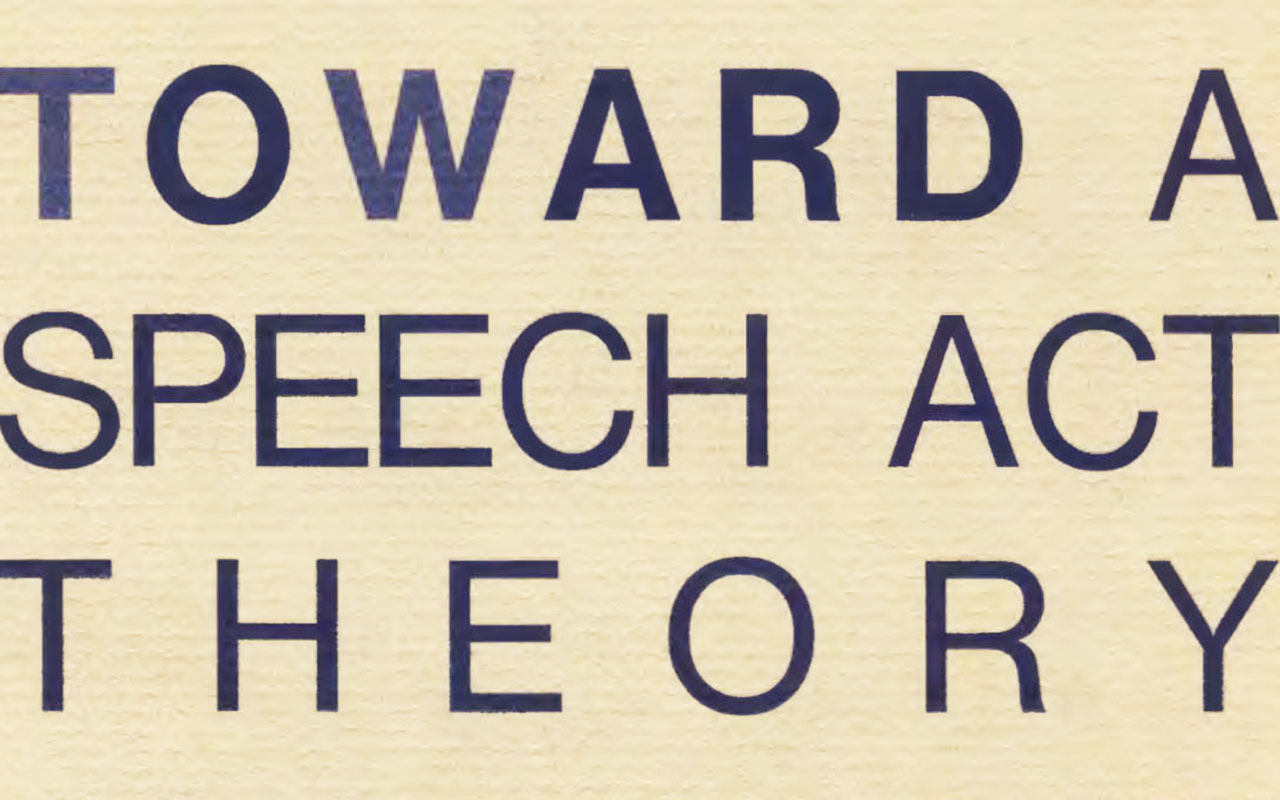Toward a Speech Act Theory of Literary Discourse
Most twentieth-century attempts to develop a linguistic approach to literature rest on the assumption that literature exists by opposition to all other uses of language–an assumption traditionally expressed as an opposition between "poetic" and "ordinary" language. Departing radically from this view, and drawing upon the findings of both sociolinguists and speech act theoreticians, Pratt argues against the notion that literature is formally and functionally distinct from our other verbal activities and points the way toward a unified theory of discourse. She shows how the poetic language argument, expounded by the Russian Formalists and developed by structuralists, fails, first on its own grounds, and second in the face of data from non-literary discourse, especially that presented by Labov in his studies of non-literary narrative; and suggests how recent developments in speech act theory and sociolinguistics correct previous theoretical deficiencies. The hypothesis emerges that a descriptive apparatus which can adequately account for non-literary uses of language will give a satisfactory account of literary discourse as well. An immensely important contribution to literary theory and linguistics.

Table of Contents
Metadata
- isbn978-0-253-05089-2
- publisherIndiana University Press
- publisher placeBloomington, Indiana USA
- restrictionsCC-BY-NC-ND
- rightsCopyright © Trustees of Indiana University
- rights holderIndiana University Press
- rights territoryWorld
- doi
We use cookies to analyze our traffic. Please decide if you are willing to accept cookies from our website. You can change this setting anytime in Privacy Settings.


